3 Palestinian inmates stop eating meals in support of five long-term hunger strikers
Three more Palestinian prisoners in Israeli jails have joined five others already refusing food for a long time in protest against the so-called administrative detention policy.
Rateb Abdul-Latif is the prisoner on the longest hunger strike among the three. He has been on strike for 38 days, the Palestinian Information Center reported on Monday. The two other are Husam al-Qawasmi and Abdul-Aziz Mar’iee, on hunger strike for 11 and 6 days, respectively.
The new hunger strikers have stopped taking meals in support of five other inmates, who have been already on hunger strike in protest to their illegal detention by the Tel Aviv regime without any charge of trial.
The five long-term hunger strikers include 34-year-old prisoner Kayed Fasfous who has been on hunger strike for 124 days.
Fasfous has been in hospital for nearly two months following serious deterioration in his health condition. Doctors at the Israeli Barzilai Medical Center have told Fasfous’s brother that he has developed symptoms suggesting a clot in his blood, which is an early warning of the risk of sudden death.
Palestinian Prime Minister Mohammad Shtayyeh has called on international human rights organizations to immediately act to save the life of Fasfous.
Hundreds of Palestinian prisoners are languishing in Israeli jails without charge or trial under the administrative detention. The inmates say their hunger strike is a bid to have their voice heard and to force the Israeli regime to end this illegal policy. More than 7,000 Palestinians are reportedly held in Israeli jails. Over a dozen Palestinian lawmakers and nearly 20 journalists are also held in Israeli detention centers, several of them under the same detention policy.
In 2015, Israel approved a law that authorizes force-feeding the Palestinian prisoners on hunger strike, a practice rejected by the UN as a violation of human rights.
‘Ghost town’: 70% of Jabalia buildings destroyed by Israel
Mother’s Day: Sareh Javanmardi’s inspiring journey as Paralympic champion and mother
Russia downs over 40 Ukrainian drones as Putin vows 'destruction' on Kiev
VIDEO | Yemen: A bone in Israeli neck
D-8’s role in Iran’s economy after Cairo summit
China slams US as ‘war-addicted’ threat to global security
China ‘firmly opposes’ US military aid to Taiwan
VIDEO | Press TV's News Headlines











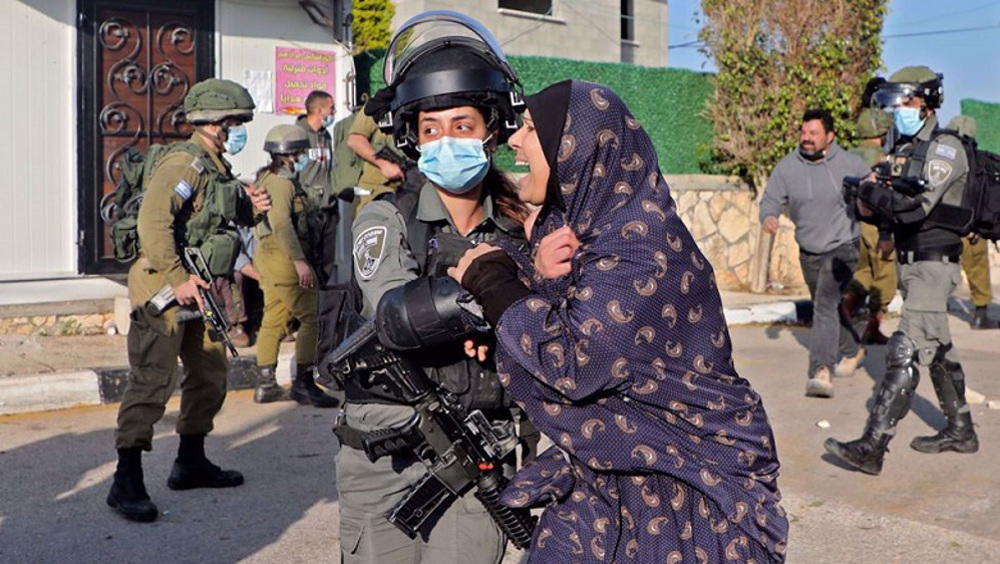

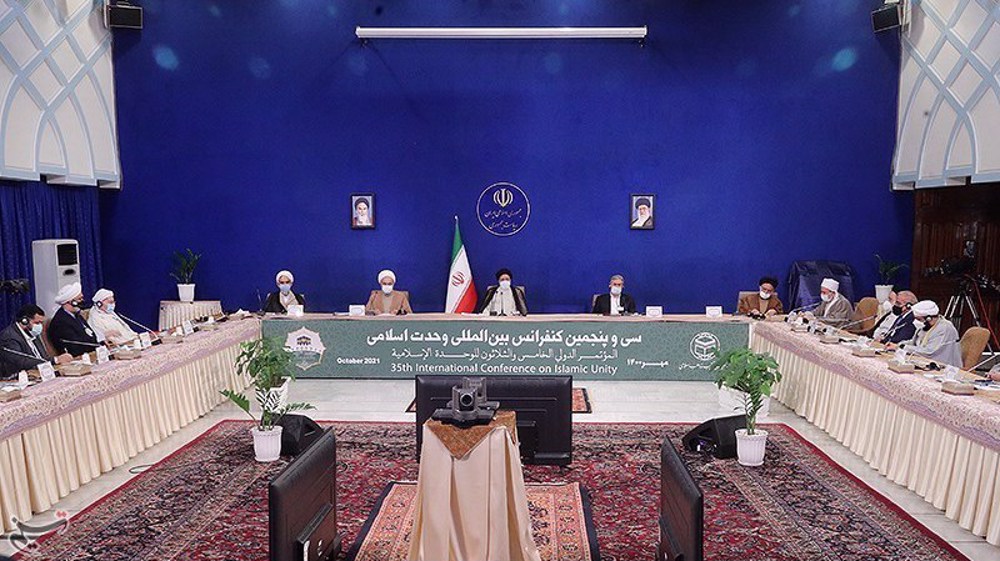

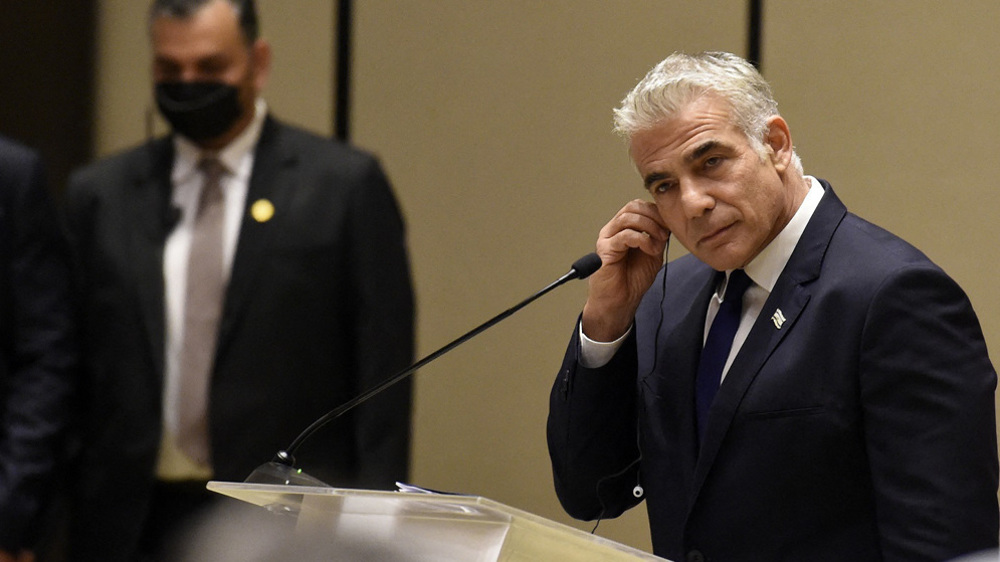

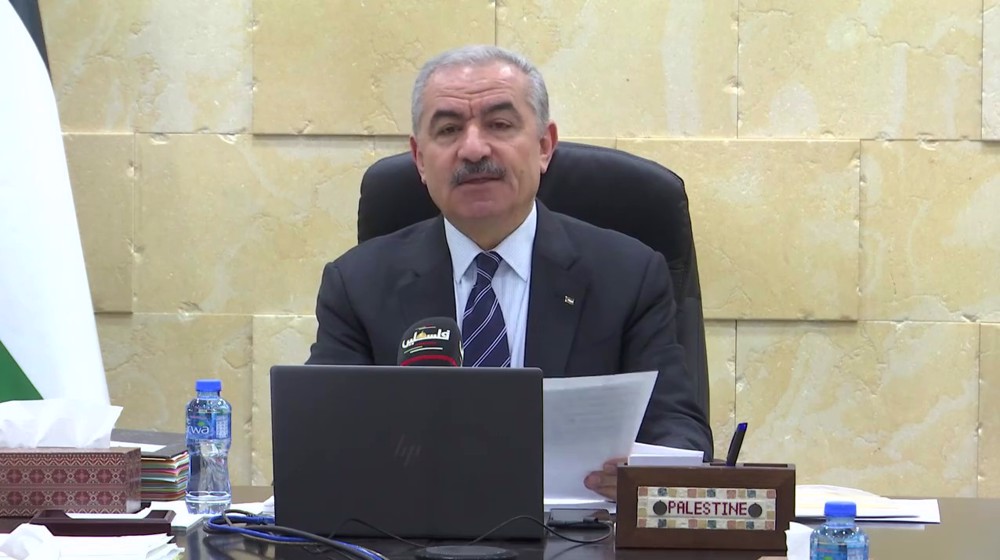
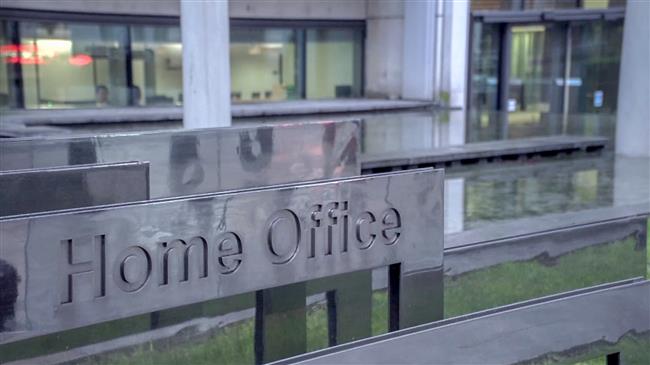
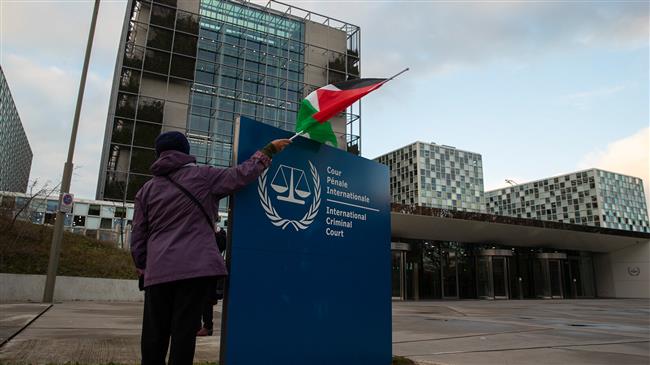

 This makes it easy to access the Press TV website
This makes it easy to access the Press TV website